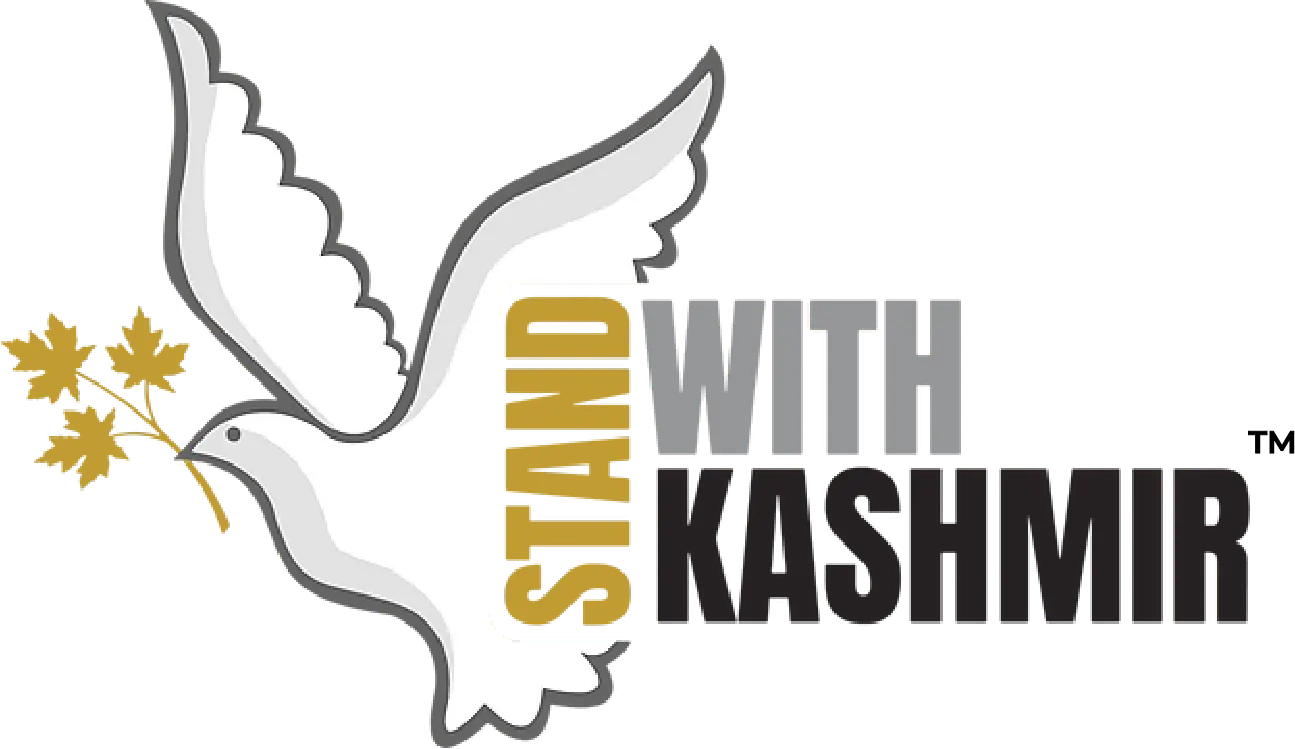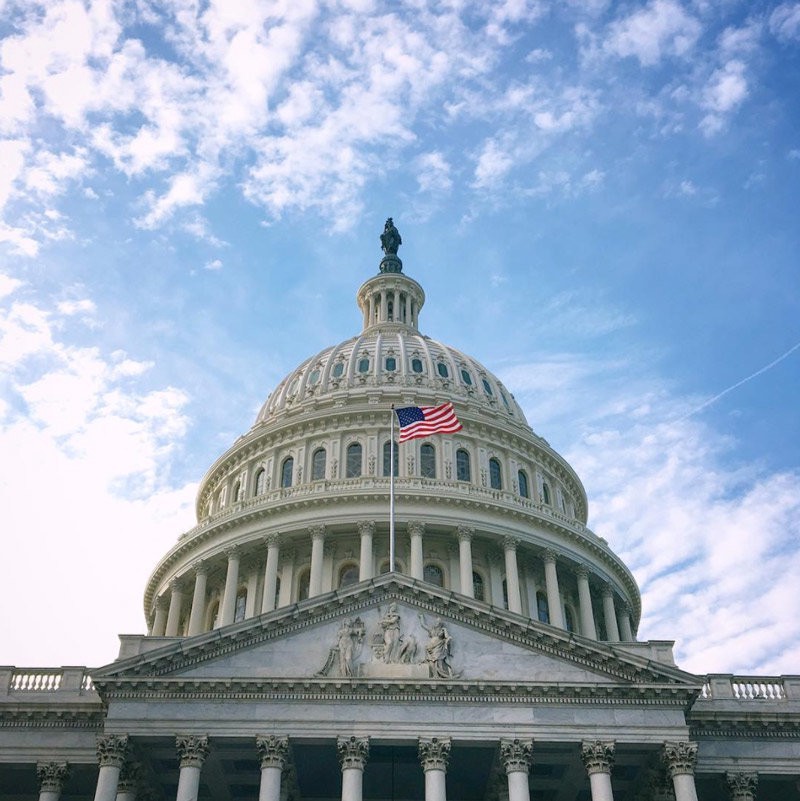Congressman Sherman (D-CA), Co-Chair of the House India Caucus, helmed the proceedings and joined colleagues in urging India to admit foreign press into Kashmir (currently foreign news outlets must tediously employ Kashmiri locals and Indian nationals). Sherman even cautiously questioned the legitimacy of the 1947 Instrument of Accession: “America does not focus on the rights of imperialists and the rights of monarchs and would have a tendency not to recognize that as being dispositive as to which government should control which territory.”
Representatives found India’s claims of being the world’s largest democracy irreconcilable with the lockdown it had imposed. Congressman Tom Malinowski (D-NJ) stated the complete telecommunications and Internet blackout in Kashmir was ”good reason to worry about abuse” and expressed skepticism that denying an entire population communication would help curb the activities of armed groups. Assistant Secretary Wells admitted that India had failed to maintain a “balance between its national security and peoples’ liberties”. Congressman Ruben Gallego (D-AZ), who served in the United States Marines, also raised concerns about the communications blackout: “Throughout my time [in the United States Marine Corps] and during the height of insurgency [in Iraq], I don’t remember there ever being a communications blackout.”
Representatives called for increased transparency and for the Indian government to allow entry of American diplomatic personnel into Kashmir. Congressman Trone (D-MD) referenced the Indian government’s refusal on October 5th to admit Senator Van Hollen (D-MD) for a fact-finding mission and questioned what legal means were left for Kashmiris to dissent after weeks of suffocating curfew. Representatives Susan Wild (D-PA) voiced a palpable suspicion that India’s “security measures” were an attempt to cloister and hide abuses in Kashmir from view.
Several Representatives spoke of distraught constituents who were unable to contact relatives in Kashmir for several weeks after the Indian authorities indefinitely severed telecommunications and internet access to the region on August 5th. Congressman Yoho (R-FL) mentioned a Kashmiri woman who was informed of her grandmother’s death by a third-party weeks after her passing. Congresswoman Abigail Spanberger (D-VA) shared stories of how India’s siege had halted life and paralyzed emergency and medical services: an arthritic mother-in-law who had to navigate five to six checkpoints to visit the doctor, a diabetic family member unable to obtain insulin, a fire that consumed a house and its ten residents after it went unanswered by first responders.
Congresswoman Jayapal (D-WA) raised the case of Dr. Mubeen Shah, the former president of the Kashmir Chamber of Commerce and Industry who has become one of hundreds held under the Public Safety Act, a draconian law that authorities have used to arrest anyone without charge for up to two years including children.
Testimony about Kashmir sparked a broader examination of human rights and authoritarianism in India. Congressman Ted Lieu (D-CA) mentioned the dramatic increase in violence against religious minorities since Prime Minister Narendra Modi and the BJP assumed power in 2014: “If Secretary Pompeo wants to actually uphold his priority for religious freedom, he needs to have a serious conversation with the Government of India.”
Congresswoman Ilhan Omar (D-MN) emphasized the need “to understand the situation in Kashmir as part of an overall Hindu nationalism project of the BJP” and mentioned Assam, where approximately two million residents (the vast majority of whom are Muslim) have been identified by the NRC (National Registry of Citizens) as “foreigners” and are slated for deportation through a series of recently constructed internment camps. Ms Omar also questioned U.S. State Department officials about whether the United States recognizes the right to self-determination of the Kashmiris which was promised to them by the United Nations in 1948.
Panelist Francisco Bencosme of Amnesty International testified that Indian authorities had raided the offices of Amnesty International India and other human rights organizations. He mentioned reports of further government action planned against Amnesty and Greenpeace. He also reported an Indian politician’s claims on television that the NRC would soon be expanded from Assam to across the nation.
Panelist Nitasha Kaul said that comparisons between India and Nazi Germany were apt and that India was on a “proto-fascist” trajectory. She highlighted the irony of being a Kashmiri Pandit given the Modi government’s appropriation of Kashmiri Pandit grievances. Kaul pointed to the effective criminalization of any and all Kashmiri political expression and the government persecution of advocacy for Kashmiris. Kaul and co-panelist Angana Chatterjee dismantled some of the Indian government’s justifications for the dismantlement of Article 370 (e.g. advancement of LGBT and women’s rights).
But there was also a zealous apologist for Indian policy in panelist Aarti Tikoo Singh, whose current speaking tour in the US (“Locked Down or Liberated?: The Story of Kashmir”) is sponsored by the Hindu American Foundation, one of an umbrella of lobbyist organizations in America with links to right-wing Hindu nationalist Indian politicians and parties (HAF executives sat directly behind Ms. Singh during her testimony). Her opening remarks were characteristically contrarian: “I have to say that most of what you read in the Western press and some sections of Indian press is a distorted reality of Kashmir.”
After exiting the chamber she told an Indian news crew, “The entire Congressional hearing was prejudiced, biased and also a setup against not just me but India as well and in favor of Pakistan.” Ms. Singh retweeted a right wing Indian commentators remark that he was ”waiting for Ilhan [Omar] to detonate her vest anytime now”. Singh tweeted that Congresswoman Omar “exposed the nexus between the global Left & Islamists” and that her “support to Islamists only substantiates that you all want to bring down liberal democracies”. Ms. Singh cried “IslamoCapitalism” and retweeted accusations of “Islamo-Facism”. Many Indian news outlets similarly alleged prejudice (India’s press freedom is ranked 140 out of 180 countries by Reporters Without Borders).
For the older activists and observers who had been jaded by years of worldwide incognizance and silence on Kashmir, Tuesday’s proceedings may have finally internationalized the matter. But uneasy questions remain about whether the criticism of India leveled in civil society, media, and Congress will resonate with the White House.



Leave a Reply